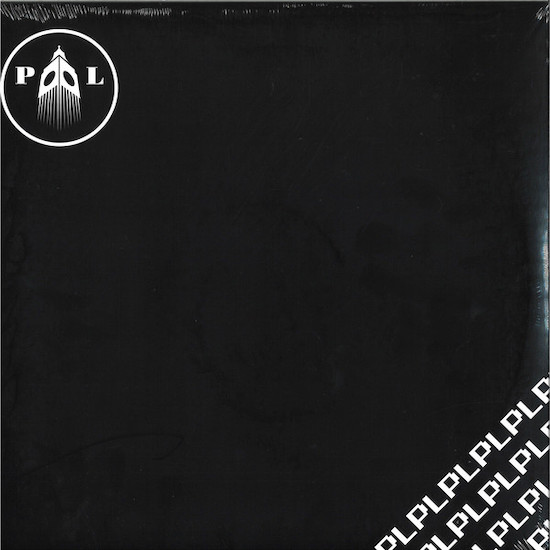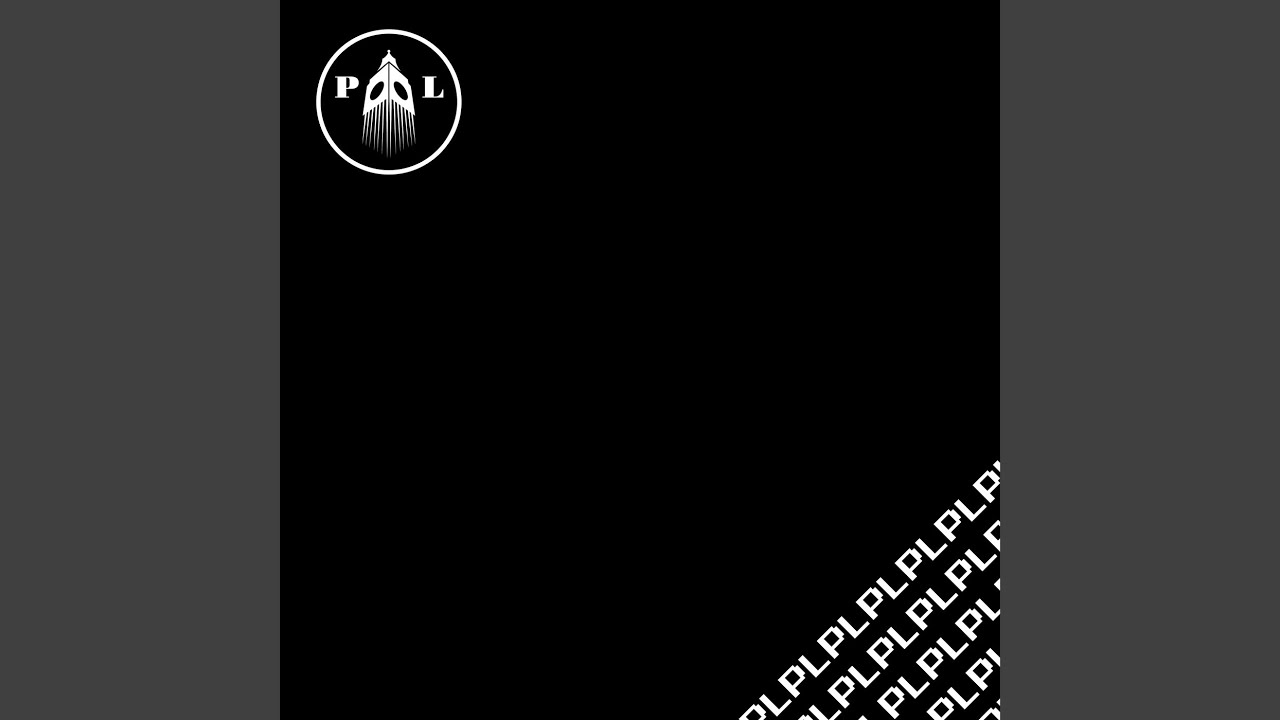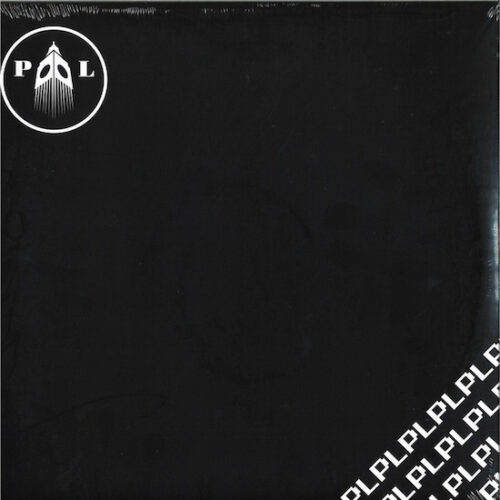If there is one word I would not use to describe Paranoid London, then it would be “elegant”. Their music, through a series of 12”s collected in their 2014 self-titled debut, is a gleefully corrupted take on the classic sounds of acid house that isn’t about niceties, flair, or even subtlety. No, Paranoid London trade in a decidedly grubby glamour complete with vicarious thrills, smeared spit and glitter, darkened corners in the club, and the acrid smell of poppers coming through the ventilation ducts. There are no breakbeat frills, smooth edges, or deconstructed queering soundscapes. Instead you’re subjected to incessantly pounding beat, queasy acid lines, and the most minimal of rhythmic flourishes. It’s dance music as pig iron and it most definitely works in getting people moving in tight sweaty airless spaces.
So, if it works so well, should you change this formula? Well with their second album, PL, the answer is a resounding ‘no’. Fans of Paranoid London – as well as anyone who wants their music to speak to the body instead of the brain – will most definitely be grateful for this. Every track has the prerequisite components of the Paranoid London sound: deceptively simple drum machine rhythms, a singular acid baseline, and a litany of off-kilter vocals that only seem to highlight the vague wrongness at the heart of the groove.
At times they don’t even have the acid baseline. ‘The Music’ is just a boom-boom groove with a single corroded vocal going “You like that? You want it?” repeatedly.
The key to what makes Paranoid London’s tracks so enticing, both in their past productions and in PL, is their selection of anti-singers whose deliveries sit uneasily against the grain of established house music vocals, creating an infinity closer to the no-wave and post era of the early 1980s than the diva-gospel vocals of the 1990s.
This link is firmly established on ‘Angel of Hell’, a track that contains inputs form the doyens of the 1980s NYC musical landscape: electro-punk icon Alan Vega and studio lord Arthur Baker. Here Baker, provides a level of sheen and polish to the menacing acid bass, while Vega lurches and snarls in the background.
Elsewhere Paranoid London return to the tried and tested off-key vocals of Mutado Pintado, whose flat, priapically sated voice provides some of the best gutter deviance this side of Hirsute Pursuit with ‘Just My Size’ and ‘Nobody Watching’. If you licked the vinyl you could probably taste his weekend-old sweat mixed with the tang of vodka and Club-Mate on the label.
Meanwhile, former A Certain Ratio vocalist Simon Topping creates a similar feel on ‘Cult Hero (Do You Wanna Touch Me)’, as the deadpan Mancunian twang provides a cold, oxidized contrast to the propulsive heat of the track, a mix of acid and EBM that you wouldn’t be amiss from confusing with what was coming out of the north of England at that time.
There are two standout tracks in PL. The first is the opener ‘Starting Fights’, a track that mixes uptempo acid house with Josh Caffe’s increasingly intensified refrain of “Start a fight, so much to say / turn around and you walk away,” a lyric that speaks of the multiple layers of drama – vocal, physical, emotional – that often occur on the dancefloor, where the need to abandon yourself to the moment is paramount. The other is following track ‘Boombox Affair’ which consists of drums plus acid bass and a series of vocal missives from DJ and LBGTQ activist Bubbles Bubblesynski. Shot and killed before she was due to lay down vocals for the track, Paranoid London instead created a cut-up collage of his words from a series of Facebook posts. At times slurring, at other times barbed and caustic, there’s an added poignancy when he comes in with line such as, “There’s no crying in raving. This is what it’s really about. It’s about having fun. It’s not about being paid. Fuck being paid.”
Not all of the tracks hit the above sweet spots, and there are moments when the repetitive nature of some of the tracks does wear on you a little bit. ‘Drum Machine’ is just that: a drum machine workout that chugs along aimlessly, whereas ‘(Vi-Vi) Vicious Games’, an attempt by Paranoid London to inject some poignancy and emotional depth into the record, feels off in the negative sense, the keyboard lines lacking the grace and finesse to lift the melodrama levels alongside Josh Caffe’s vocals. But these are mere moments of filler on PL, an album which cements the reason why Paranoid London’s tunes appeal to a scene looking for a sound that’s rugged, dark, and illicit. And in that regard, PL has it in spades.




